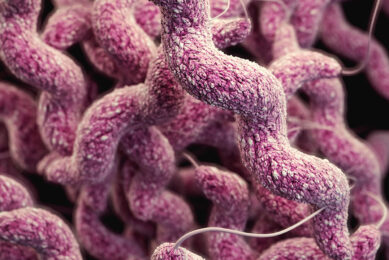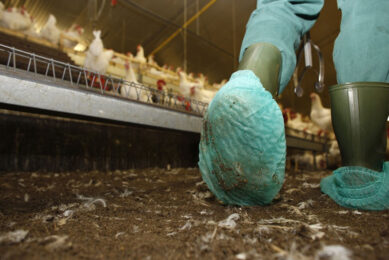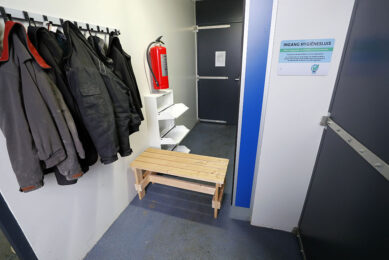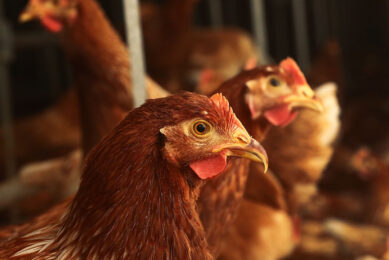Fatty acids in chicken feed reduces diarrhoea in humans
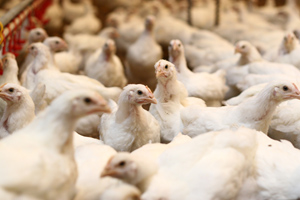
Twan van Gerwe from the Veterinary University Utrecht in the Netherlands has developed a method for accurately determining when a chicken is infected with Campylobacter.
This development will allow researchers to better focus their work on preventing infection.
Campylobacter is a bacteria that is very common and benign in the intestines of broiler chickens. However, during processing the bacteria can come into contact with the meat and subsequently infect the consumer, causing stomach cramps and diarrhoea. In order to reduce the danger of infection, it is vital that researchers learn when and how exactly the broilers become infected with Campylobacter and if it is possible to protect the chickens from infection in the first place.
Van Gerwe also showed that the chickens are less likely to become infected by Campylobacter when certain fatty acids are added to their feed. The results of his study may help reduce the number of infected broiler chickens, and in so doing will limit the consumers’ exposure to Campylobacter.
Van Gerwe will defend this PhD research on 17 December in the Netherlands.




